Building a global workforce by employing talent anywhere
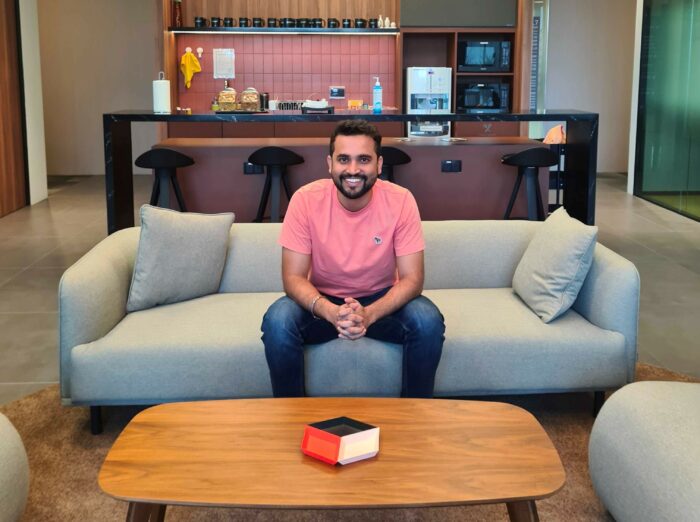
Sagar Khatri, Co-Founder and CEO of Multiplier, highlights how the company is supporting the employment of work teams internationally.
New labour laws in India to bring workplace transformation

New labour codes will potentially transform work culture, affecting working hours, salaries, leave and flexible work arrangements.
Gen Z workers in Singapore most likely to switch jobs

While renumeration is still important to retain talent, employees are increasingly looking at other factors, including transparency and flexible work.
Tech workers in India continue with WFH practice

With most companies adopting hybrid work, employers fear that ordering employees back to the office may trigger a wave of resignations.
Employers in Malaysia want to decide terms of flexi-work

Companies want to decide on the kind of flexible working arrangements that meet their needs and not be dictated to about such arrangements.
Employees in Malaysia offered flexible work options

From September 1, employees can submit written applications that can cover changes in working hours, working days and also the place of work.
Civil servants in the Philippines offered flexible work options

Government agencies can now implement alternative work arrangements at any time for some 1.7 million employees regardless of their status of appointment.
Change work for good: Redefining the workforce experience

As the way we work continue to change and evolve, organisations are looking for more ways to build an interconnected and future-ready workforce.
More companies in Thailand embrace hybrid working

While more employees in Asia-Pacific are returning to the office, many companies in Thailand are continuing hybrid work arrangements.
Role of remote work yet to be defined: Apple CEO

The key to a successful hybrid working arrangement is taking advantage of the strengths of both in-person and virtual engagement, says Tim Cook.
72.7% of South Korean big firms support remote work

Despite the easing of pandemic measures in the country, large companies are continuing to allow their employees to work from home.
Transition to flexible work begins in the Philippines

Starting from June 15, new flexible work arrangements (FWA) in the public sector will cover 1.7 million employees.
Indonesia aims to make Bali a remote work hub

A special five-year visa will be issued to lure remote workers and business-leisure travellers back to Bali and other destinations.
Singapore plans more attractive and flexible workspaces

Such workspaces will support innovation and consider the new needs of businesses and workers in the future economy.
Will other employers join Tesla in ending remote work?

Elon Musk’s call for Tesla employees to return to the office full-time has reignited the debate over the longevity of remote work.
More South Korean firms embrace remote working arrangement

Others are adopting hybrid working arrangements, allowing workers to commute to coworking spaces nearby instead of company headquarters.
Study finds that video-conferencing could hamper creativity

The authors noted that video conferencing potentially curbs creative idea generation because participants’ gaze is focused on a screen.
HR Tech Festival Asia 2022: What’s happening on Day 4
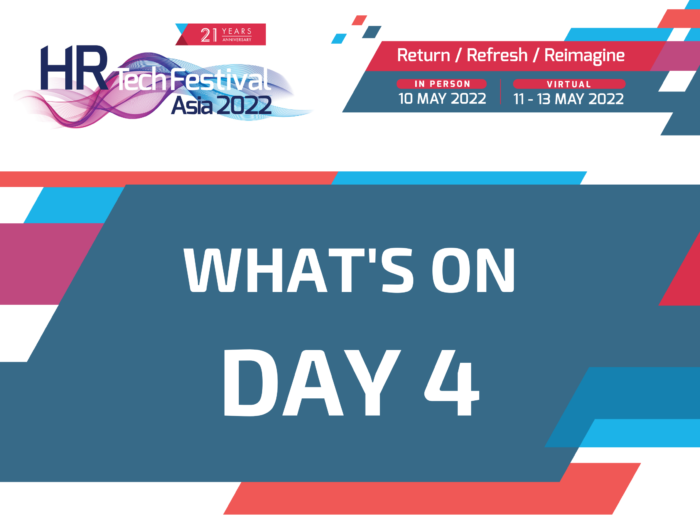
HR Tech Festival Asia 2022 is presenting Asia’s largest virtual HR technology marketplace, featuring some of the biggest tech brands.
Flexible working shaping the future of work in ASEAN
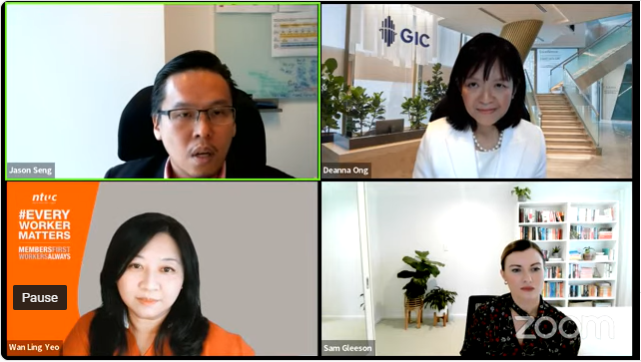
The ASEAN Future of Work conference examined the major shifts affecting the future of work in South-East Asia, including flexible work.
HR Tech Festival Asia 2022: What’s happening on Day 3
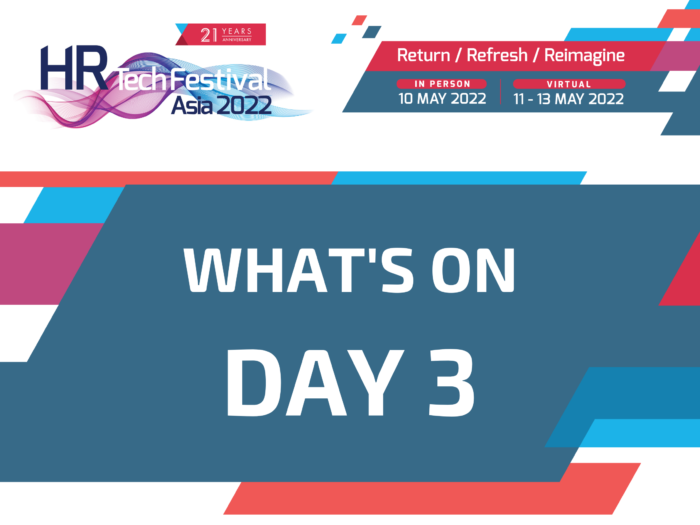
The ASEAN Future of Work conference headlines Day 3 of HR Tech Festival Asia 2022 as attention turns to shaping the future of work in ASEAN.
Addressing employee needs critical for sustained organisational growth
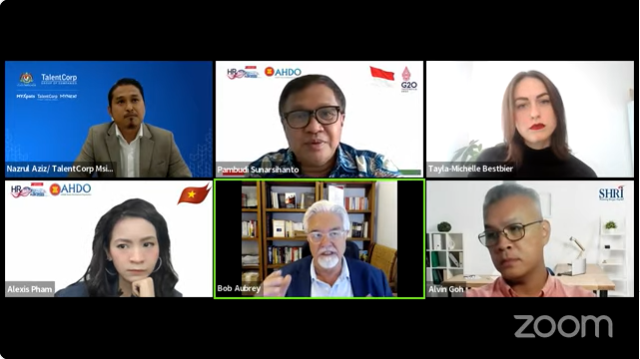
Moving to the virtual platform, HR Tech Festival Asia 2022 highlights why an organisation’s people are key to long-term success.
HR Tech Festival Asia 2022: What’s happening on Day 2
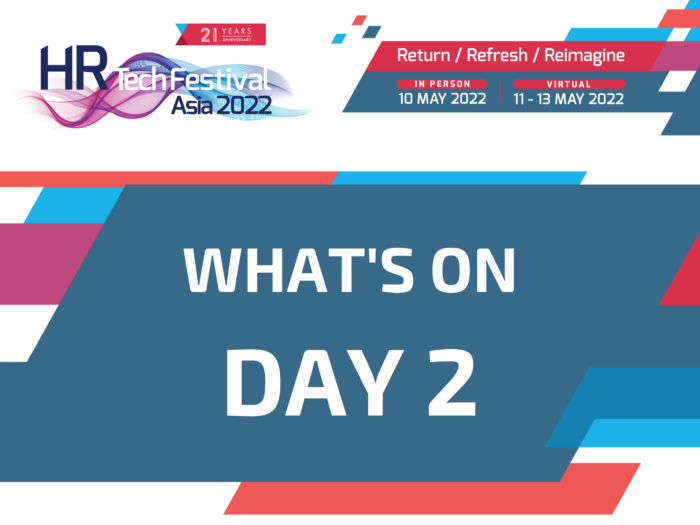
From May 11-13, HR Tech Festival Asia 2022 will be presented virtually, offering a lineup of global and regional HR leaders.
Asia’s HR community rethinks workforce and workplace strategies
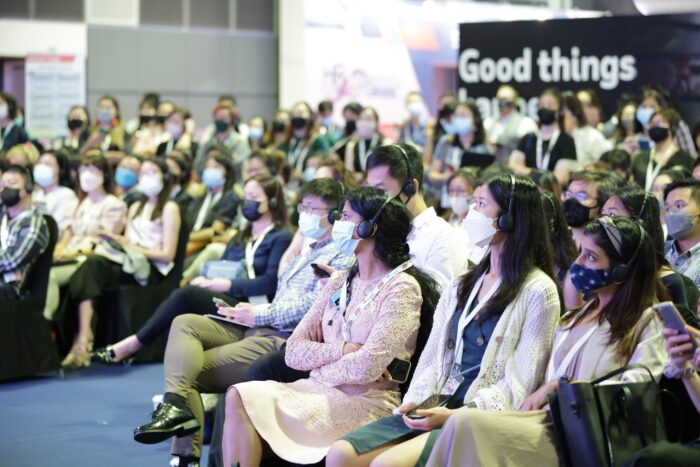
The in-person HR Tech Festival Live saw Asia’s HR community come together to discuss the role of HR in today’s world of work.
Singapore employers can decide on flexible work arrangements

Employers retain the right to decide on flexible work arrangements (FWAs) based on their operational needs.
Singapore to set up guidelines for flexible work arrangements

Flexible work arrangements are the way forward, especially as they help more women and mature workers participate in the labour force.
Firms in Japan adopt flexible working arrangements

A number of Japanese companies are granting its workers flexible work options in a bid to attract and retain talent.
2 Cents: Rethinking the return to the workplace

Return to workplace is more than just a shift back to the physical desk in the office, and requires careful planning to make it a success.
AIC empowers employees to transition to hybrid work
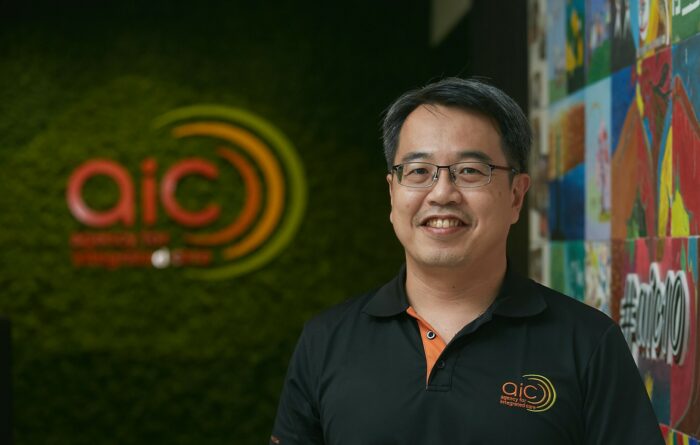
Tan Kwang Cheak, CEO of the Agency for Integrated Care (AIC) in Singapore, discusses the organisation’s Work Away from Office (WAO) strategy.
South Korea supports firms that allow staff to work remotely

The government has pledged to allocate 3.6 million won yearly for additional personnel and labour management expenses incurred from telecommuting.
Optimising workforces on a global basis

David Ossip, Chairman and Co-CEO of Ceridian, shares how the company is helping organisations manage employees in a hybrid world of work.

